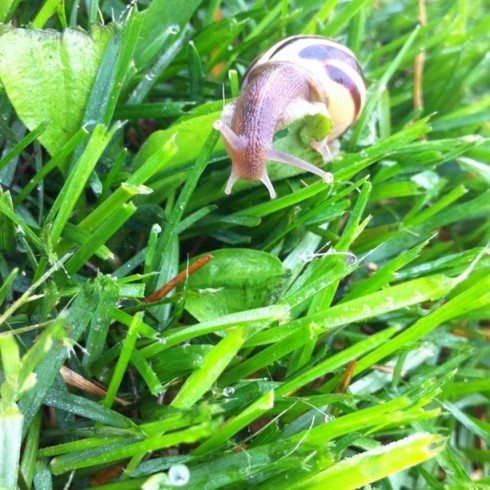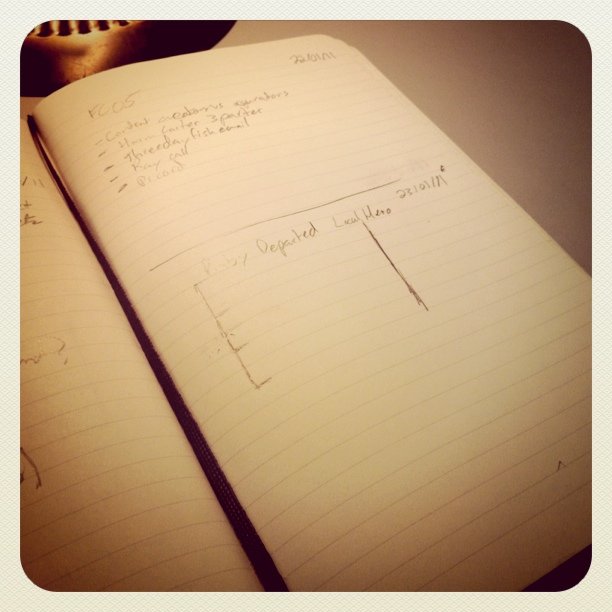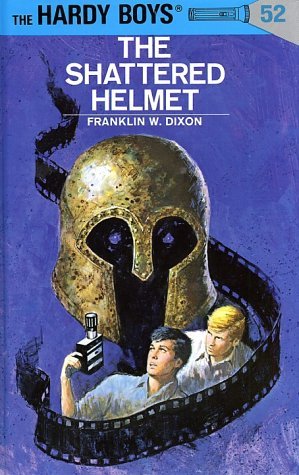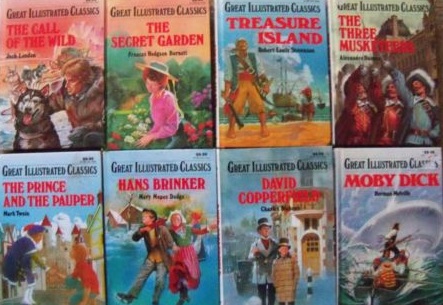Welcome To Tuesday
Hello and welcome to the next step in your week.
I was digging through my phone’s memory, and recalled that I’d intended on posting this up;
Snails – nature’s RVs:

Hello and welcome to the next step in your week.
I was digging through my phone’s memory, and recalled that I’d intended on posting this up;
Snails – nature’s RVs:


Mostly just testing my mobile options
 Here’s a quick snapshot of the process behind Flash Pulp – this is really how almost every episode begins.
Here’s a quick snapshot of the process behind Flash Pulp – this is really how almost every episode begins.
Well, I suppose this is actually step two; step one usually looks like a hastily jotted explanatory sentence, either elsewhere in the notebook, or in my phone.
Events in the proposed story are distributed over the three sections on the left, with random items I need to retain on the right. This is the second run-down I’ve begun for a three-part Ruby Departed tale, which will hopefully be posted the week after next; the first attempt exploded into a thousand weeping paper cuts at the narrative’s climax.
Once I’ve managed to get the three overarching sections pat, I’ll create an identical structure for the trio of acts in each division.
(Also pictured: my notes for tonight’s FC – no peeking.)
 Just a photo I wanted to share.
Just a photo I wanted to share.
(Some of you may have noticed that I actually posted this up last night – I realized I was stepping on the latest Mulligan tale, so I took it down.)
 Allow me to ease your fears up front, the subject doesn’t refer to a bit of fan fiction I’m about to unleash.
Allow me to ease your fears up front, the subject doesn’t refer to a bit of fan fiction I’m about to unleash.
There’s been a bit of hubbub lately about the following bit of Mark Twain news.
What is a word worth? According to Publishers Weekly, NewSouth Books’ upcoming edition of Mark Twain’s seminal novel “Adventures of Huckleberry Finn” will remove all instances of the N-word — I’ll give you a hint, it’s not nonesuch — present in the text and replace it with slave. – CNN
The argument against generally goes something like:
The vapid, smiley-faced effrontery of it corrodes the foundations of respect for American literature. – CNN
At the age of nine I received my first Hardy Boys book. It was a ragged bit of work – a cast off from the school library that was being discarded due to damage to its binding – but it was the first novel I ever owned, and it certainly wouldn’t be my last adventure with Joe and Frank.

Years later I was rambling around the countryside in my Grandparents’ pickup truck, and we stopped to make one of those random neighbourly visitations that seems to make up so much of the farm business. My brother and I were cast adrift in a front room to fend for ourselves, and my eyes fell upon an ancient Franklin W. Dixon tome.
That’s when I discovered a truth that the safely bowdlerize libraries and bookstores I’d frequented had denied me.
To be fair, we didn’t have the wikipedia back then:
Beginning in 1959, the books were extensively revised, largely to eliminate racist stereotypes.
– and they aren’t joking, I made it three pages in, and, even as a boy of twelve, I had to put the book down.
 Am I claiming that The Hardy Boys series is somehow the literary equivalent of Huckleberry Finn? No.
Am I claiming that The Hardy Boys series is somehow the literary equivalent of Huckleberry Finn? No.
Am I claiming that discovering missing bits of historical racism might cast a different light on the work in question? Yes.

Still, while I do feel that letting the work stand or fall on its own integrity is important, in the end, I don’t think it will matter much.
One sanitized edition in a deluge of public domain copying isn’t going to conquer the market, and if edited classics were the way to save readability, our libraries would be full of these:
